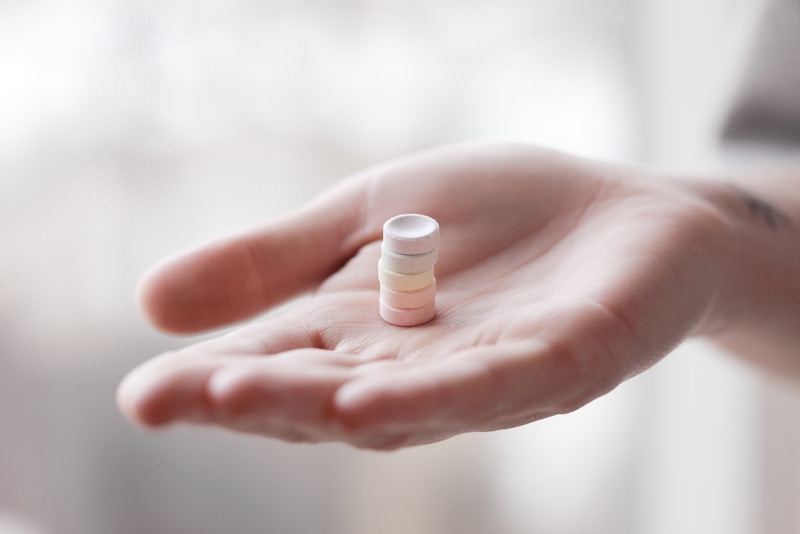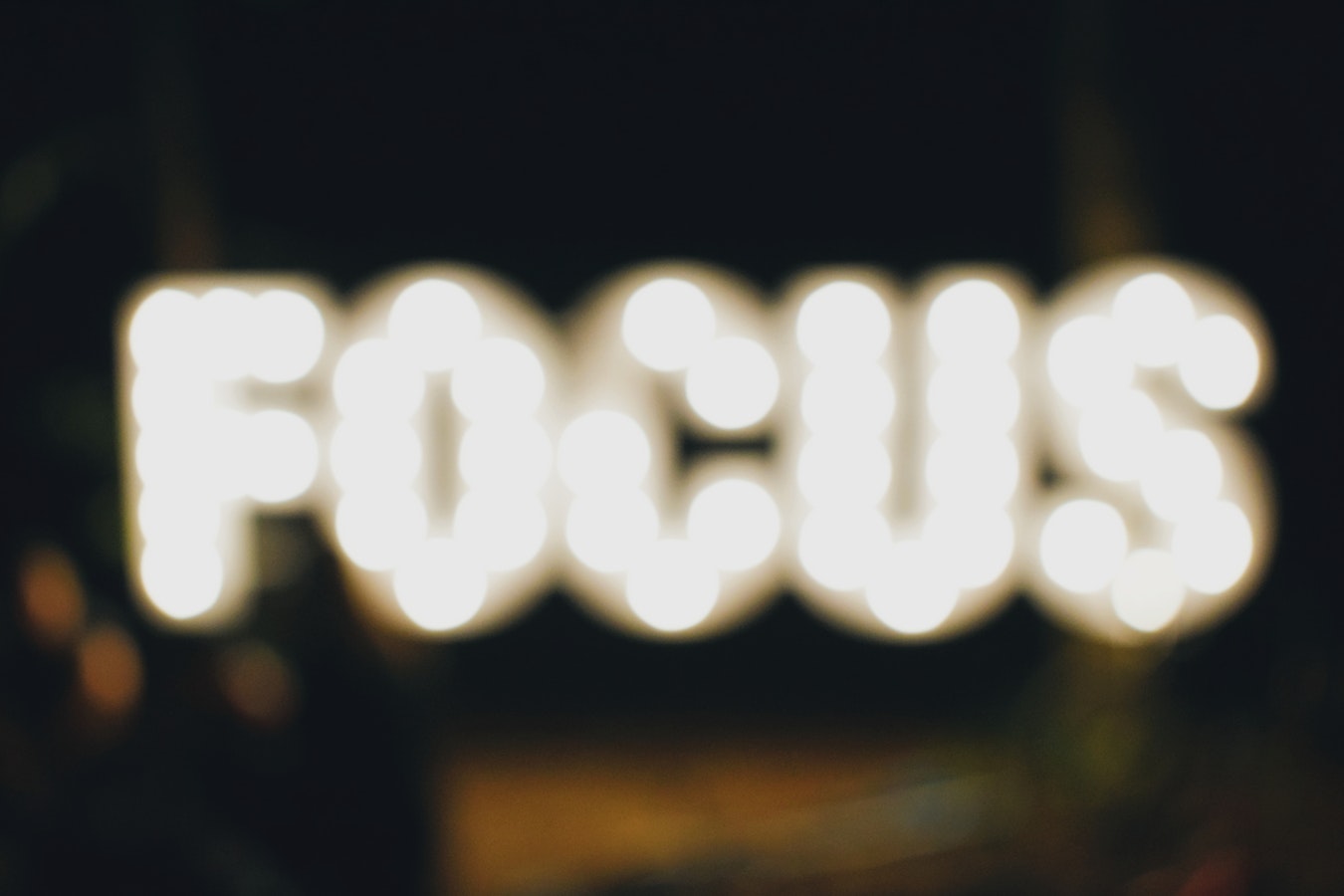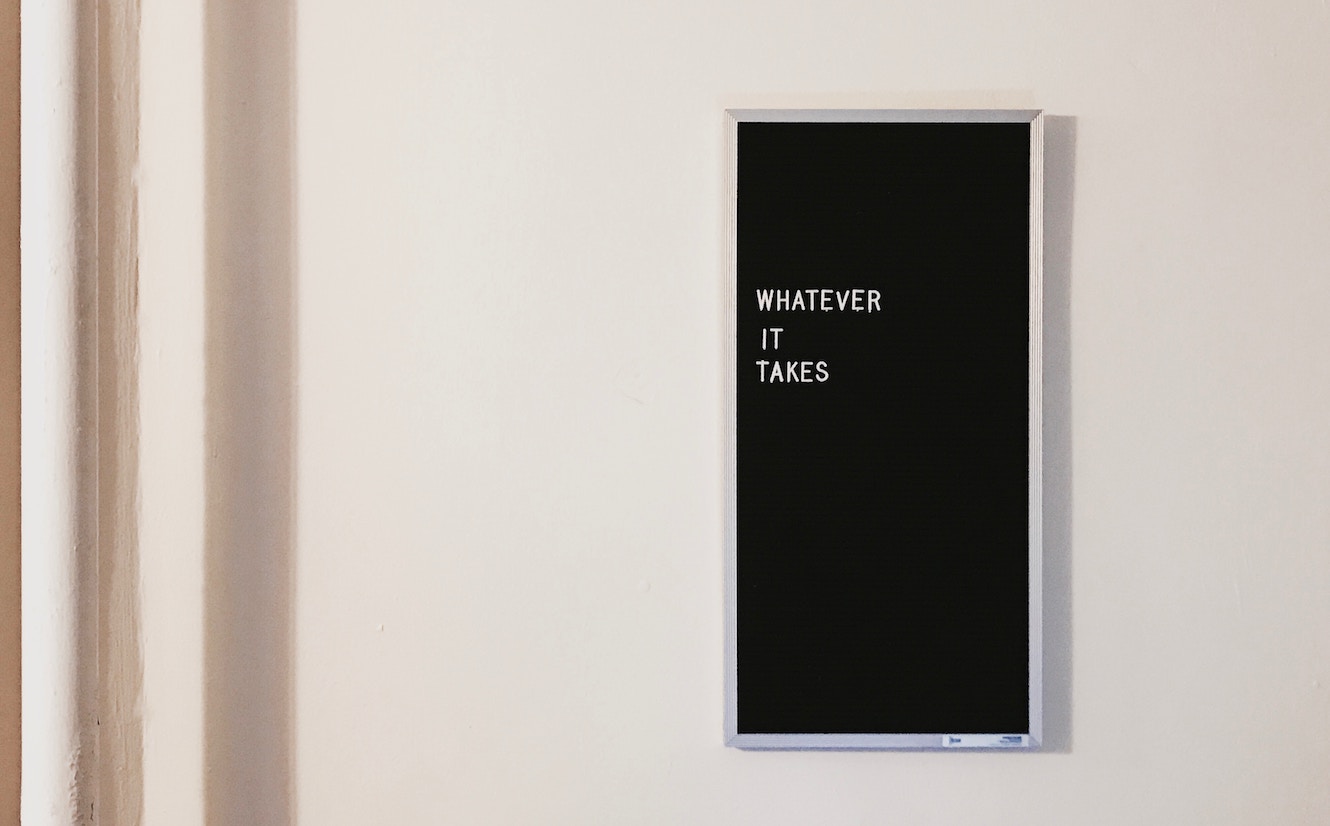Netflix’s recent documentary “Take Your Pills” provides another look into the epidemic of over-medication and the overuse of ADD/ADHD drugs to enhance performance. The synopsis for the film is this:
In America today, where competition is ceaseless from school to the workforce and everyone wants a performance edge, Adderall and other prescription stimulants are the defining drugs of this generation.

As someone who has been prescribed both Adderall and Ritalin and has a mixed view of its use, I was curious what the documentary would unveil about the drugs, the political trappings of big pharma, and the social/cultural epidemic of our increasing reliance on these stimulants. The documentary does a decent job of following a few individuals through their use (in some cases unauthorized)—from the kid who’s been on the stimulant since age 7 to moderate his ADHD throughout the day to the young woman who gets diagnosed with ADD in college and primarily relies on the drug to study.
What I was left with at the end of the film was a sense of regret and resignation. The reason these drugs have defined this generation is largely because we’re a generation where your best is not good enough. Most of the people interviewed for the documentary would’ve preferred not to be on the drugs but felt compelled because of the implications of getting left behind. The question they ask themselves: When you’re graded on a curve and everyone else is “getting ahead” with these drugs, are you doing yourself a disservice by not putting yourself on “equal footing?”
Idolizing the Ideal
The reliance on performance enhancing drugs is simply an extension of a society that strives for perfection based on ideals we’re being fed. From the photoshopped, contrast-boosting, color-enhanced Instagram photos to the bite-sized videos and flaw-erasing, cutesy filters of Snapchat that show you a snippet of a person’s life, we consume images of the ideal look and the ideal life. Why wouldn’t we have similar expectations of academic, professional and social achievements? When we compare our very human flaws against perfectly manicured public images, it is inevitable that we feel inadequate. When our reality doesn’t measure up to our expectations based on what we think we know about our peers, we turn to drugs like Adderall to make us better versions of what we are, or we take anti-anxiety drugs like Xanax and Valium to help numb that feeling of inadequacy.
And that’s what we are today: a generation of people who measure our worth against what other people are showing us, which is usually deliberately crafted to induce envy.
It’s not a phenomenon I’m excited to observe. Because why do so many students feel that their best is not enough? And what can we take away from this generational shift of striving to be better than our best?

Stop Calling Them “Smart Drugs”
We can start by not calling these stimulants “smart drugs”—it’s a misnomer. To call Adderall and Ritalin smart drugs is a disservice to those who rely on these types of drugs to conduct daily tasks and not merely to study more efficiently. These drugs don’t make you smarter. They may not even objectively help you perform better. According to a study cited by the documentary, the drugs do not enhance cognition, they merely give you, the user, the perception of doing better. To view these drugs as a panacea for academic performance would be misguided.
Of course, there’s the obvious concern of prolonged use of amphetamine-based stimulants for those prescribed the medication as well as the very real threat of taking a drug that you’re not prescribed. Without knowing your body chemistry and how you’ll react to a drug you haven’t been screened for, it can be extremely dangerous to take a drug that is not prescribed to you. I can’t emphasize that enough.
Understand Your Own Motivations
Maybe more importantly, you should have an honest conversation with yourself about why you feel the need to take these drugs. If you’re prescribed them to help you focus on daily tasks, by all means, continue to take them. But if you’re prescribed them because you want to gain an edge or because you’re worried about the consequences of not taking them compared to your peers (it’s not that difficult to talk your way into a prescription), be honest with yourself about that.
If your self worth is derived through external accomplishments, that’s fine, but understand that that won’t stop after college. Many of the students interviewed in the documentary voiced the hope that they’d be able to get off of the drugs after college once they could stop stressing so much about achieving. I’m sorry to say this, but the stress doesn’t stop. If anything, the workforce can be even more demanding than school. Consider the attorney asked to review hundreds of court cases before an important filing. Consider the entrepreneur who needs to put together a business plan that can make or break an important investment pitch. The stress will not lessen if you don’t choose to lessen it yourself and develop better coping and stress-management mechanisms (I recommend mindfulness meditation).
These drugs are also not cheap, so aside from the cost of inviting them into your regimen, it’s worthy of note that being on them is a side effect of privilege. Given that one third of college students skip meals because they don’t have enough money to pay for them, ask yourself if the prevalence of these drugs on campus is really leveling the playing field at college.

Make Informed Choices
Here at AdmitSee, we’re all about informed decisions. As long as you have all the information and understand the implications of a decision, your choice is your choice. But really make an effort to be informed before you rely on drugs you may become dependent on. What are the short-term concerns? What are the long-term effects? What are the financial and opportunity costs? Are you making the choice for the right reasons?
Understand what you’re choosing when you choose to get a prescription for these drugs. If you’re trying to game the system and get ahead, remember that there are others out there who need these drugs to function on a daily basis; the drugs were meant to put them on equal footing. There’s a difference between taking the drugs to power through 200 pages of dense reading a night and taking them to remember to make it to a final exam or a doctor’s appointment.
Physiological and even psychological dependency on these drugs is a real possibility. A body on stimulants will likely need a depressant to come down from the stimulants. The cycle of uppers and downers can be a dangerous cycle to be on and can spiral into higher dosages of both. Your body is a self-regulating system that requires balance; so if you pump it with stimulants, it will need just as much time to recover from them. Prolonged usage of stimulants can put excessive and long-term strain on your heart and other vital organs.
In the end, whether you need Adderall or not, we hope you’ll develop a healthy relationship with your achievements and internalize your worth without comparing yourself to others. The happiest and most fulfilled people are those who believe that their best is enough.
———
Have thoughts on the topic and want to weigh in? Comment below.
The newest class of incoming college freshmen have just heard back from universities. If you have questions about the college social scene and campus culture at specific schools, check out our newest premium feature: Mentor Chat. Ask our college users your most burning questions about college. And, if you’re a current college student, sign on to share your advice and college wisdom as a mentor.
















 Back
Back